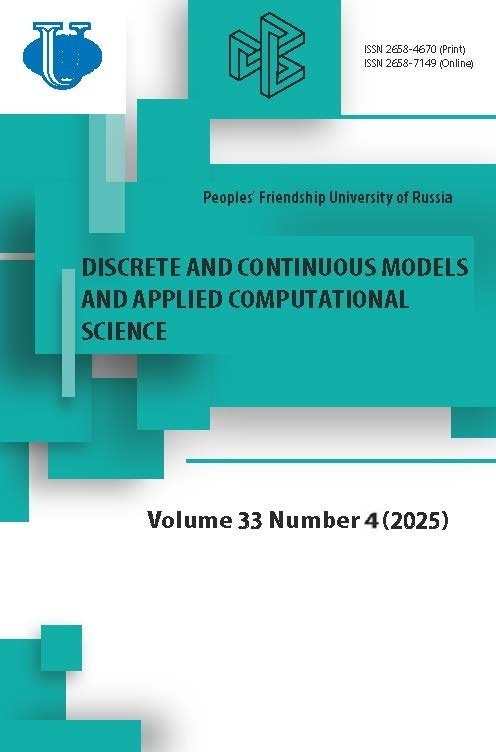On Modeling of Statistical Properties of Classical 3D Spin Glasses
- Authors: Gevorkyan AS1, Abajyan HG2, Ayryan EA1
-
Affiliations:
- Institute for Informatics and Automation Problems
- Joint Institute for Nuclear Research
- Issue: No 4 (2011)
- Pages: 83-95
- Section: Articles
- URL: https://journals.rudn.ru/miph/article/view/8435
- ID: 8435
Cite item
Full Text
Abstract
About the authors
A S Gevorkyan
Institute for Informatics and Automation Problems
Email: g_ashot@sci.am
НАН Армении; Институт информатики и проблем автоматики; Institute for Informatics and Automation Problems
H G Abajyan
Joint Institute for Nuclear Research
Email: habajyan@ipia.sci.am
Лаборатория информационных технологий; Объединённый институт ядерных исследований; Joint Institute for Nuclear Research
E A Ayryan
Institute for Informatics and Automation Problems
Email: ayrjan@jinr.ru
НАН Армении; Институт информатики и проблем автоматики; Institute for Informatics and Automation Problems
References
Supplementary files















